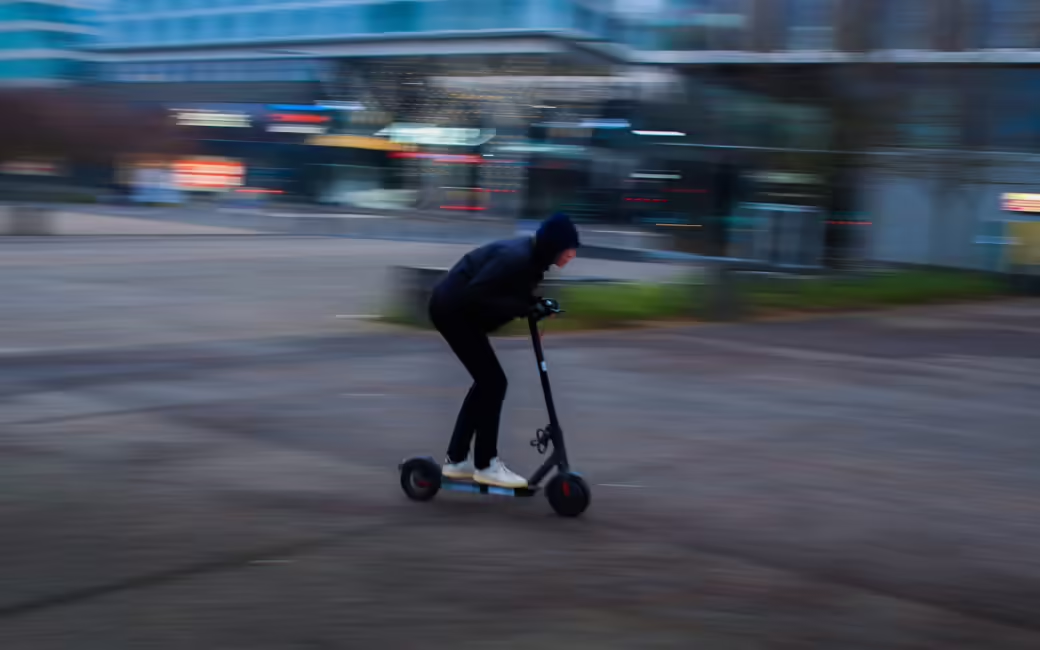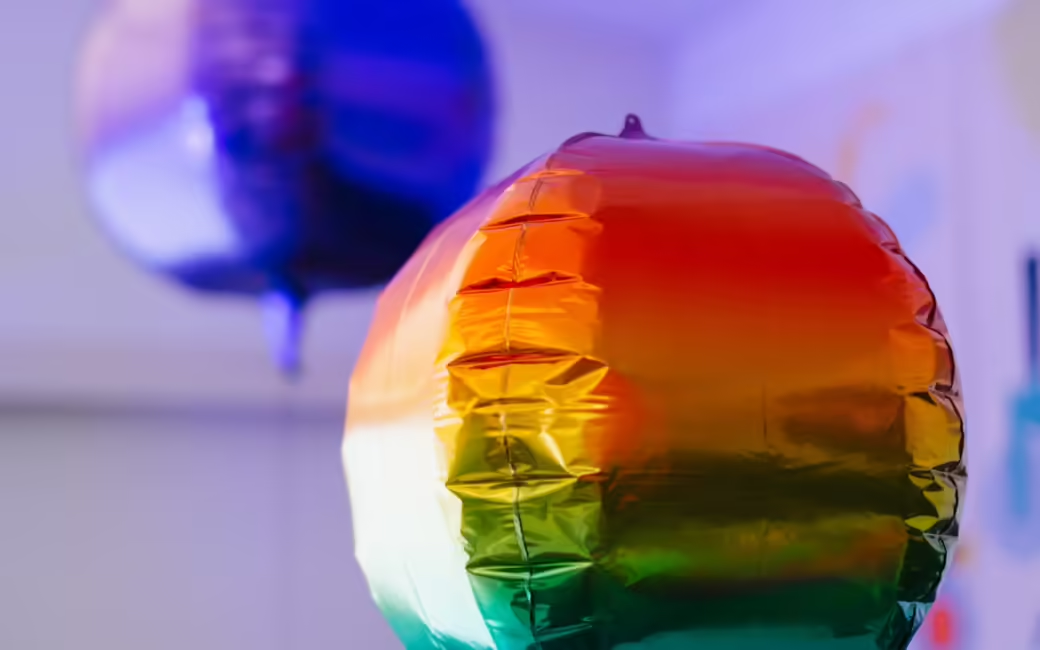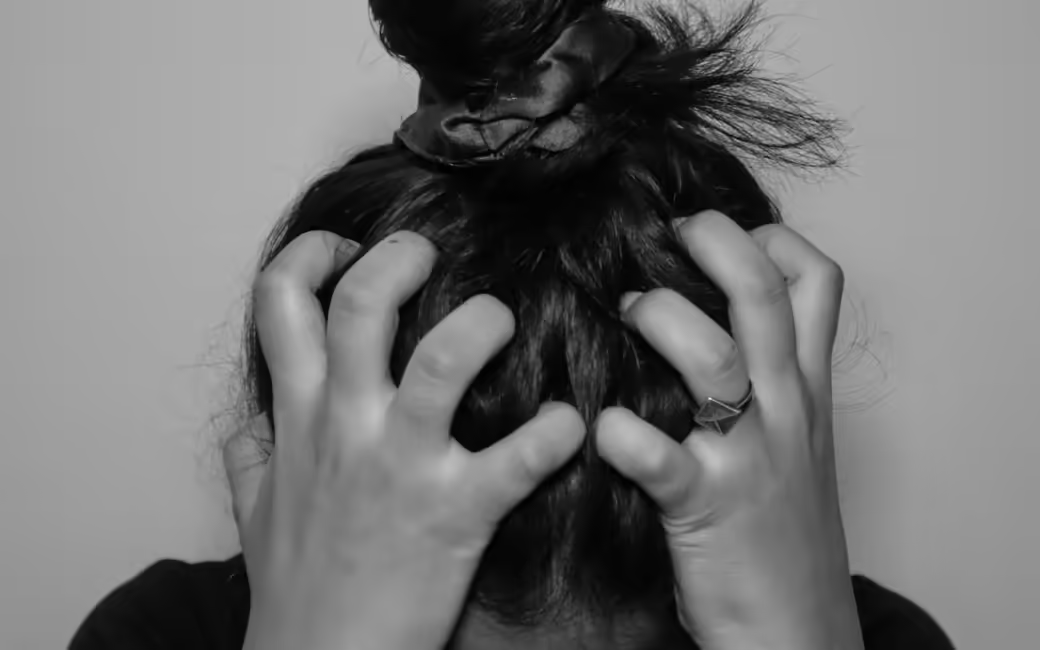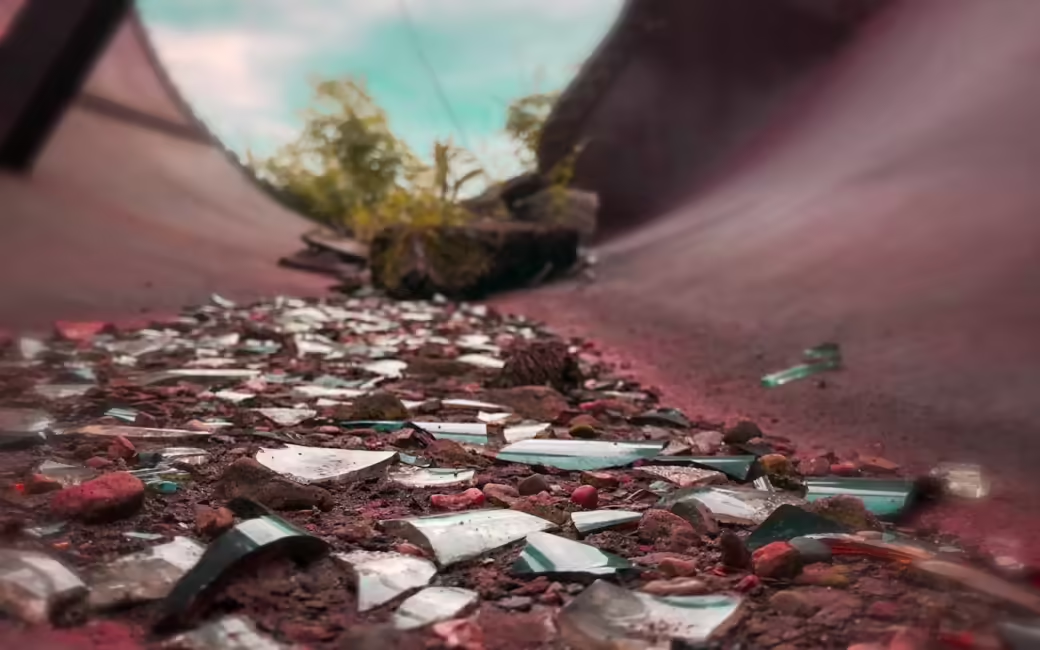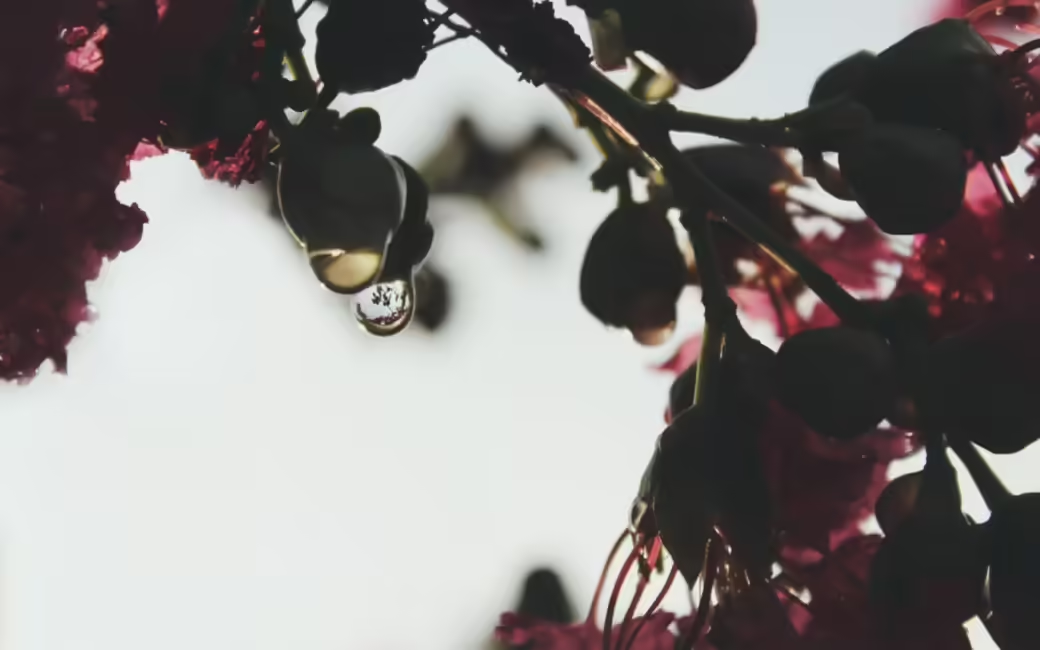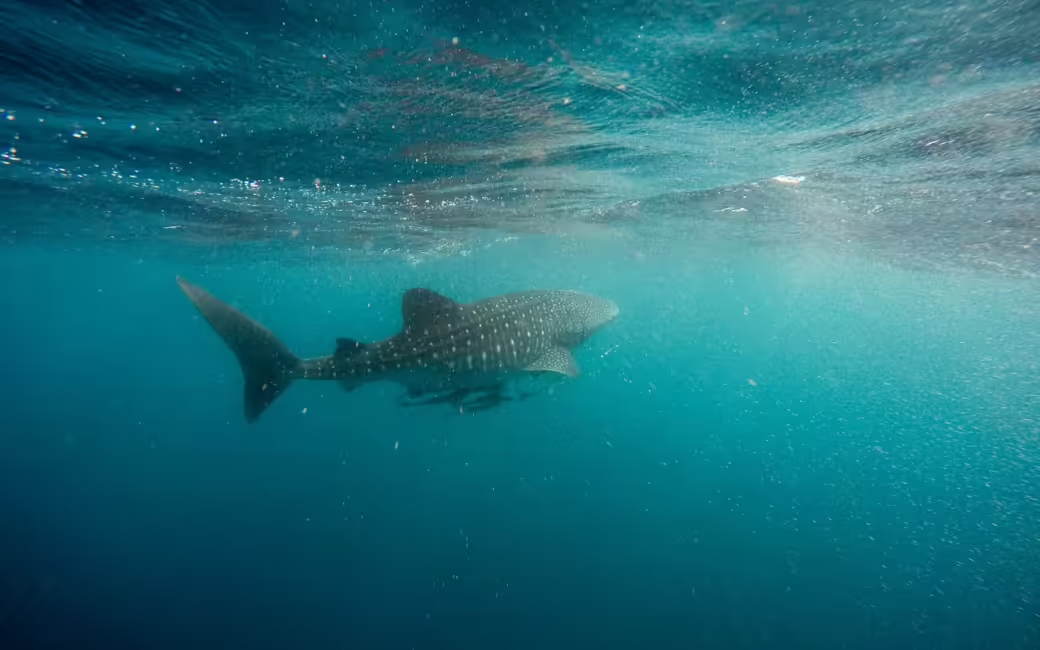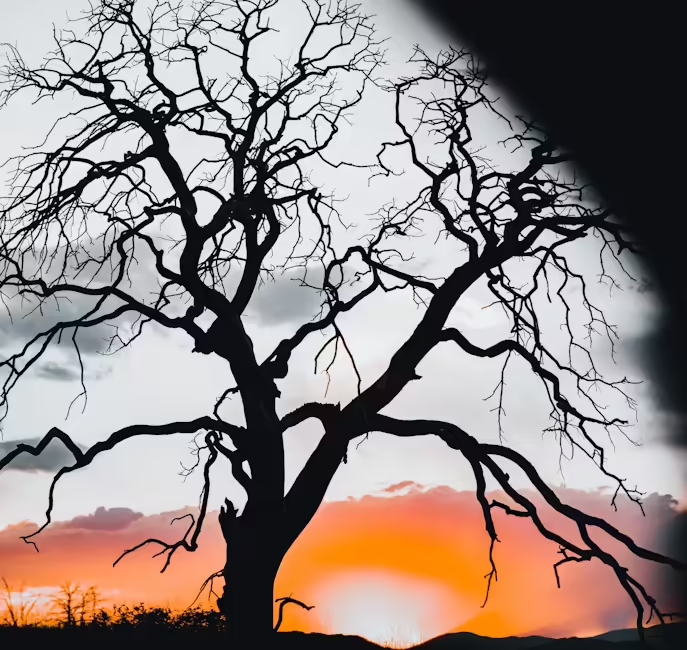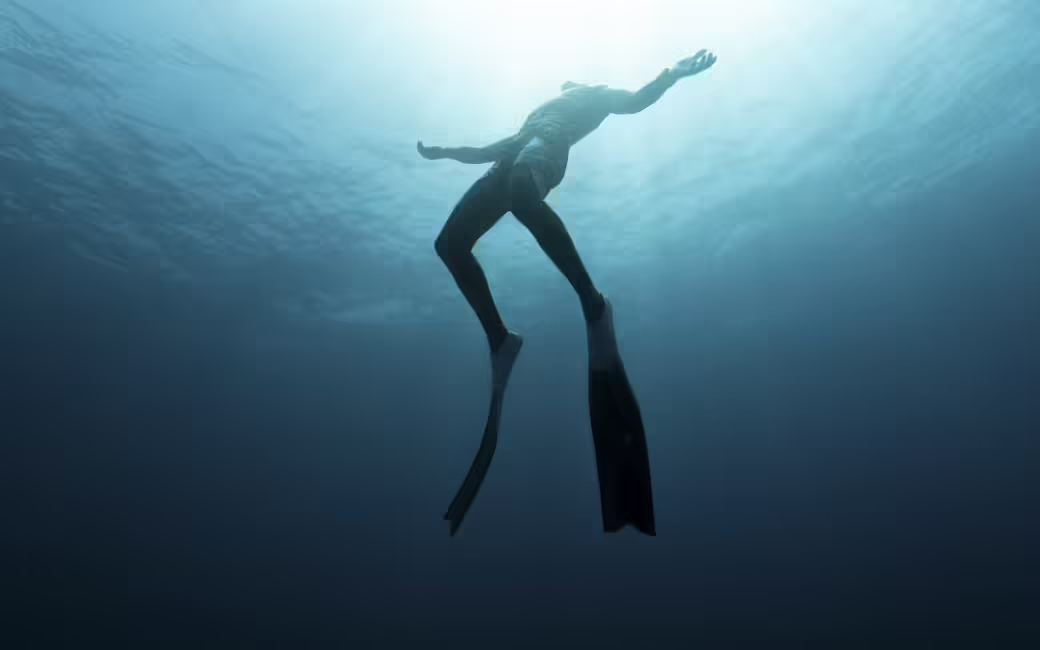Excerpt from Comfort Sequels: The Psychology of Movie Sequels from the 80s and 90s.
Deena and I have beach tote bags stuffed with beer, towels, pool noodles, and sunglasses, like we are going to float on the river instead of a hot tub in West Tulsa in autumn. I watch her olive skin rounding into half moons around the bottom of her one-piece purple swimsuit, fat and muscle bubbling out into little moon slices from under the spandex. It makes me feel less self conscious as my baby fat moves into curves underneath my bikini. My boobs have only recently moved from gymnast flat to sixth-grade-dance padded bra, and I’m not sure what to do with them yet.
Her two huge shepherd mutts bark at us, herding us toward the hillbilly hot tub across the yard.
“Hurry up, bitch,” she laughs at me for having shorter legs than hers. I am always following her. It also takes me longer to climb the ladder over and into the water of the second-hand tub. Found at a junkyard, the tub miraculously works, and the water jets pop on, rippling water reflected by moonlight. A makeshift privacy fence covers the whole thing, and it’s quiet back here. Just me and Deena.
Even though we are both twelve years old, this isn’t our first alcohol rodeo. She pops open a can of Bud Light using her index finger as the opener, chipped black-fingernail polish flaking as the tab cracks.
“Cheers,” we tap our cans together and she undoes her high bun. Long, thick, dark brown hair shakes out over her shoulders.
I try not to notice how her curls glow in the light. I try not to notice my swimsuit feeling good between my legs or my head feeling looser from the beer. I look around to make sure we are really alone. We are. It’s safe to be ourselves.
Clueless had just come out in theaters, and we talk about what characters we would be in the movie.
“You’re totally Cher and I’m Dionne, obvi, cuz I’m your BFF,” I say to her. But secretly I know that I’m really the uncool Tai, trying to roll with the homies and destined to fall in love with a loser skateboarder.
“As if!” she says back and we both laugh.
We talk about what we want to buy at Suncoast Records and Hot Topic at Woodland Hills Mall and make a plan to go next week. I have my eye on flowery Doc Martens I could never afford, and I want the new Skee-Lo album even though he’s probably a one-hit wonder. Deena says she wants that one T-shirt from The Crow because she’s in love with Brandon Lee. She will likely steal a peace sign choker from Claire’s, and I will be stressed out the whole time that we’ll get caught. But I’m not gonna think about that right now, in this hot tub, in this moonlight.
“Truth or dare?” she asks.
“Truth,” I say, and she rolls her chestnut eyes. She knows I always pick truth because I’m afraid of whatever dare she’ll make me do.
“Okay, truth. Have you ever French kissed someone?” Her dimples pop out as she smiles at me. Whew, that’s easy.
“Yes, you know I have, bitch,” I say and laugh, my cheeks turning a deep rose.
“Truth or dare?” I ask, and in a twist of events, she picks truth.
“Okay, what base have you been to?” I finish off the crappy beer, and she hands me another, like clockwork.
“Second rounding into third.”
She looks away, then dips her whole body under the water. I wait. Finally, she emerges and is quiet as she wrings out water from her hair like Grandma squeeze-dries towels. The night is completely ours except for the cicada orchestra playing several notes over and over and the occasional deep, groveling barks from the German shepherds. Light drops of sweat wet my face. I’m hoping she will say more about third base, or any base really, but she doesn’t. She just looks at me and says, “Truth or dare?”
Maybe it’s the beer, maybe it’s Deena and the dance we do each time we see each other before we can start making out, but this time I tell her, “I’ll take dare.”
With a sly smile, she swims over to the tote bag and pulls out two pairs of sunglasses. She puts on one and hands me the other.
“Wear these,” she tells me. Ridiculous because it’s nighttime but, of course, I put them on. I wait. This can’t be the whole dare, I think. This is too easy.
“Now, when you wear these, you will do as I say.” So that’s it. I’m her puppet. The sunglasses are pulling the strings. OMG, hot.
“Put one hand on your hip.”
I nervous laugh. “Okay.”
“Put the other hand on your shoulder.”
“Are we playing Simon Says now?”
She splashes me. I move my hands to block the chlorinated water from slapping my face.
She floats closer.
“Stay in the position I told you to.” Her voice is soft like a whisper. OMG, very hot.
I put my hands back to my shoulder and hip. I’m at her whim. Her hand goes to my hair and pulls a fine, thin strand back behind my ear. One finger traces the line of my cheekbone. The sunglasses stay on. She straddles me, her inner thighs wrapped around my middle. She kisses me.
Now we have graduated from Clueless and are the girls from Foxfire. She’s the fearless girl gang leader Legs and I’m Maddy, the brown-haired basic girl. Legs makes Maddy do adventurous things, pushes her out of her comfort zone, gets her into trouble rebelling against authority, because fuck authority.
Forgetting the sunglasses game for a moment, my hands climb to her back and dig into the straps of her bathing suit. In a quick motion, she jerks my arms back in place and her tongue goes deeper into my mouth. I’m willing Deena to keep kissing me for hours, to do things to me. Maybe if I keep imagining it, it will happen.
But it doesn’t. Deena’s neon waterproof Swatch scratches me and snaps me back into the night. She checks the time.
“Shit, we should go in. The movie’s gonna start soon.” Her words barely register in my daze of water heat, crisp air, and fire inside.
“You’re gonna love Dream a Little Dream 2,” she says and pulls away from me.
Fuck. The bubble between us bursts, but I can’t say anything. I’m not even supposed to clock this as actually happening. We are living in a secret, sexy dream. A secret we share only with the night and the hot tub and the dogs lying nearby, who lift their heads occasionally to bark at passing pickup trucks.

